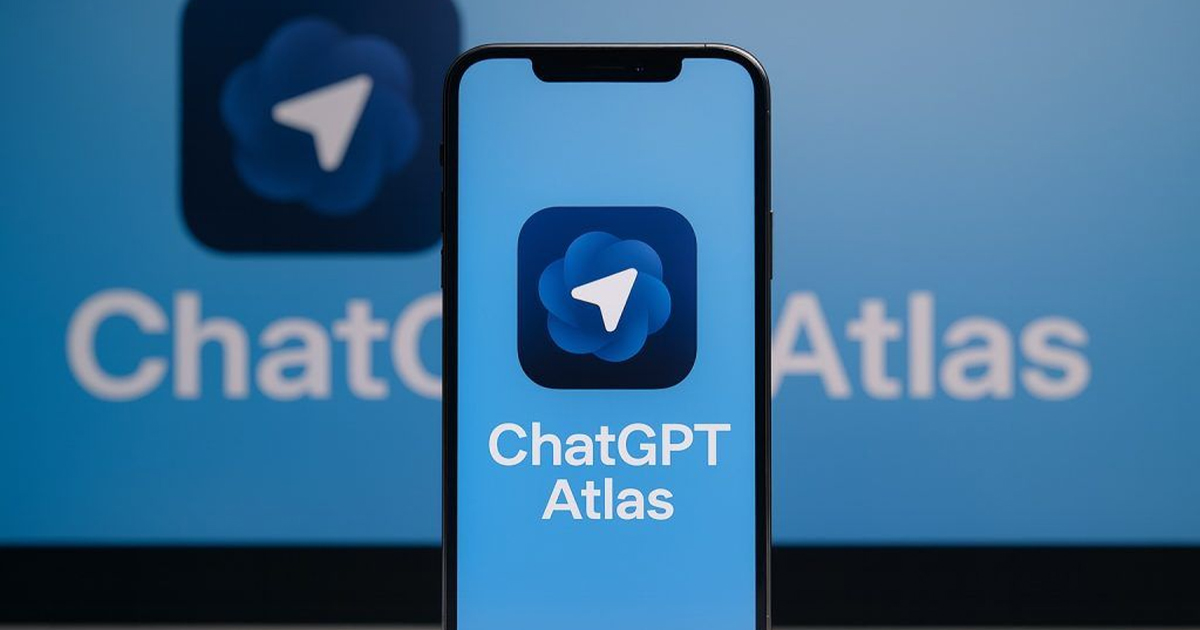Adobe has officially launched its AI-powered video generation tool, the Firefly Video Model, bringing a powerful new competitor to OpenAI’s Sora and other AI video platforms. Designed for both professional and casual creators, Firefly seamlessly integrates with Adobe’s Premiere Pro, making AI-generated content creation more accessible than ever. This development marks a significant milestone in the evolution of AI-driven video production, offering users advanced capabilities that were previously limited to highly specialized software.
Key Features of Adobe’s Firefly Video Model
1. Text-to-Video and Image-to-Video Generation
Firefly enables users to create high-quality 1080p videos from textual descriptions or images, providing an unprecedented level of control over key video elements. Users can fine-tune various aspects such as camera angles, motion design, lighting, and environmental details. This level of customization makes it a valuable tool for content creators, marketers, and production teams looking to streamline their workflows while maintaining high production standards.
More details can be found on The Verge.
2. Seamless Integration with Adobe Creative Cloud
Unlike standalone AI video tools, Firefly is embedded within Adobe Premiere Pro, ensuring a streamlined workflow for professional editors and content creators. This integration allows users to generate AI-powered video content directly within their familiar editing environment, eliminating the need to switch between different applications. Additionally, the tool enhances efficiency by reducing the time and effort required to generate high-quality video assets, making it an essential addition to Adobe’s Creative Cloud suite.
Further insights are available on Investors.com.
3. Commercial-Use Friendly and Copyright Compliance
A significant concern with AI-generated content is the potential for copyright infringement. Adobe addresses this issue by training Firefly on licensed content, ensuring that all generated videos are legally safe for commercial use. This approach distinguishes Firefly from many competing AI video generators, which often face legal uncertainties regarding content ownership and usage rights. By prioritizing copyright compliance, Adobe offers businesses and creative professionals a secure and reliable AI-powered solution for video generation.
More information is available on Investors.com.
Pricing and Subscription Plans
Adobe offers a flexible pricing model designed to accommodate different levels of creators, from independent content producers to large-scale production houses.
| Plan | Price | Features |
| Firefly Standard | $9.99/month | 20 video clips per month |
| Firefly Pro | $29.99/month | 70 video clips per month |
Adobe has also announced plans to introduce premium tiers for studios and high-volume users. These advanced tiers will focus on delivering even higher-quality videos, making Firefly a viable solution for professional filmmaking and commercial production.
Additional pricing details can be found on Reuters.
How Adobe Firefly Compares to OpenAI Sora
| Feature | Adobe Firefly | OpenAI Sora |
| Resolution | 1080p | 720p |
| Subscription Cost | $9.99 – $29.99/month | $20/month |
| Number of Videos | 20 – 70 per month | 50 per month |
| Integration | Adobe Premiere Pro | Standalone |
Adobe Firefly stands out due to its higher resolution output and seamless integration with Adobe Premiere Pro, making it a more practical choice for professionals who require a streamlined workflow. In contrast, OpenAI’s Sora offers a slightly lower resolution and functions as a standalone tool, which may not be as efficient for users already utilizing Adobe’s ecosystem.
More comparisons can be found on Reuters.
Future Developments for Firefly
Adobe has announced several upcoming enhancements that will further expand Firefly’s capabilities. These include:
- Faster video generation models with improved efficiency
- Enhanced AI-powered video editing tools for greater creative control
- Support for 4K resolution to meet industry standards for high-definition content
- Advanced customization options that allow for more intricate motion design and scene composition
These advancements will ensure that Firefly continues to evolve as a leading AI-powered video tool, catering to the growing demands of content creators across various industries.
More information on future updates can be found on The Verge.
Final Thoughts
With the launch of the Firefly Video Model, Adobe is redefining AI-powered video creation by providing a legally compliant, professional-grade tool that integrates seamlessly into existing workflows. For content creators, businesses, and marketing teams, Firefly offers a sophisticated yet user-friendly solution that balances advanced AI capabilities with practical usability. As Adobe continues to enhance the platform with new features and expanded functionality, Firefly is set to become a dominant force in the AI-driven video production landscape.
For those interested in exploring Firefly, more details can be found on Adobe’s Official Website.
Suggested Reads:
- Gemini Live Now Available to 500M+ Hindi Speakers
- How to Master B2B Marketing on LinkedIn in 2025
- Nvidia’s Fastest GPUs for DeepSeek AI: Does Speed Really Matter?

Burhan Ahmad is a Senior Content Editor at Technado, with a strong focus on tech, software development, cybersecurity, and digital marketing. He has previously contributed to leading digital platforms, delivering insightful content in these areas.








